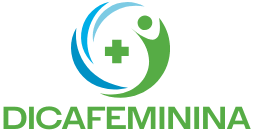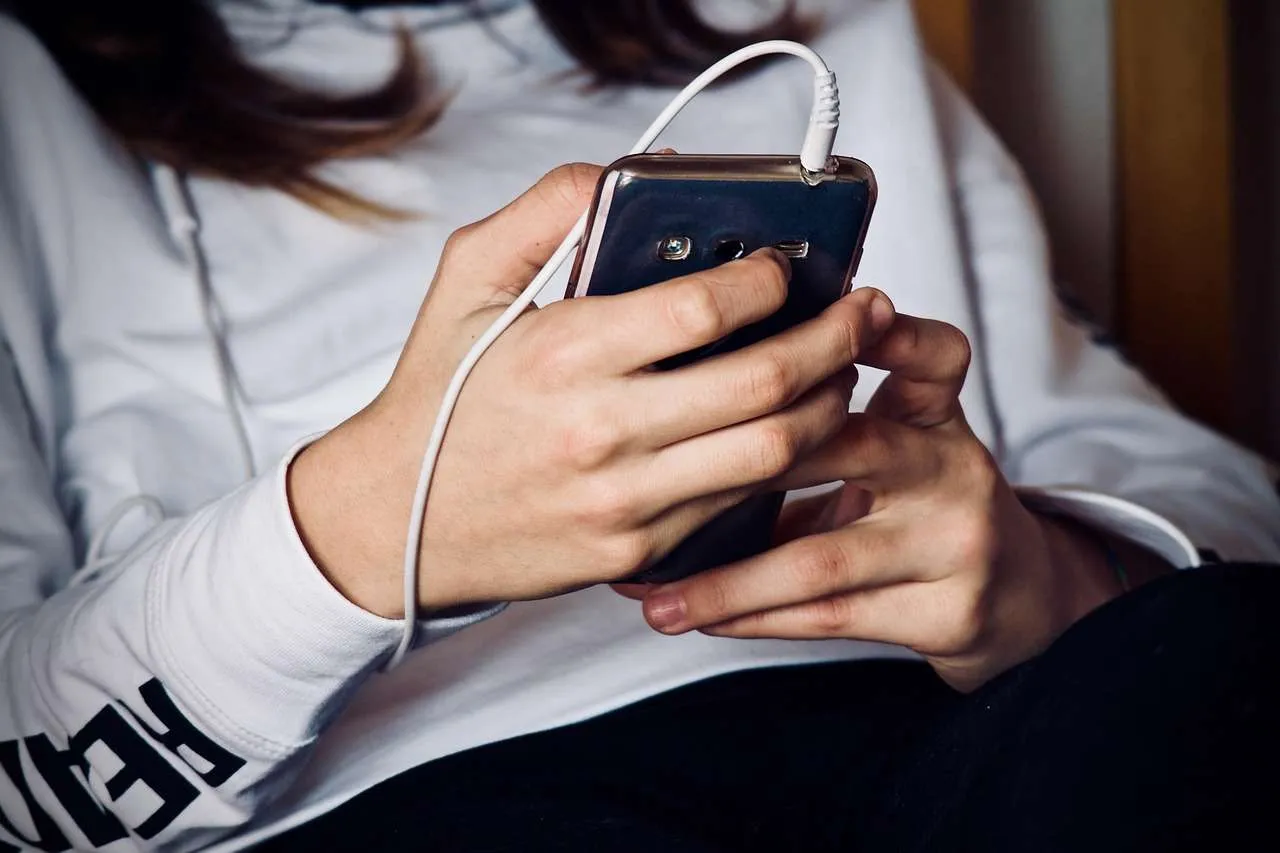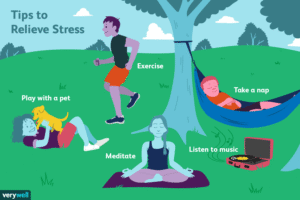Living in a world flooded with technology
In today’s hyper-connected world, digital products have permeated nearly every aspect of daily life. From the moment we wake up to the moment we go to sleep, screens constantly demand our attention. Technology has made life easier and brought people closer together, but it has also consumed our minds, distracted us, and alienated us emotionally. “Digital detoxes,” or taking a break from computers, are becoming increasingly important to balance our emotions and restore our thinking skills.
The Mental Cost of Constant Connection
The constant stream of notifications, messages, and posts on social media can leave our brains feeling exhausted and overstimulated. When we’re always “on,” our nervous systems never fully relax. This can lead to issues like stress, anger, sleep disorders, and burnout. Too much digital technology can make it difficult to focus, process knowledge, and be in the present moment. Over time, this can lead to long-term anxiety and poorer mental health. Taking a break from digital information can help the brain reset and function better.
How to Improve Focus and Concentration
One of the first things people notice when taking a short break from digital products is that their focus immediately improves. The brain is not designed to multitask, but computers and apps make it easy. Every interruption distracts the mind, making it harder to complete daily tasks or learn something new. When the brain spends less time on screens, especially social media and leisure apps, the mind can function normally again. A more focused mind helps with work, art projects, or even just a good conversation.
Get Rid of Stress and Mental Clutter
Constantly comparing yourself to others on social media can make you feel inferior and anxious. Looking at carefully curated photos of other people’s lives can change the facts and cause additional worry. This stress can be eliminated with a digital detox, which allows people to reexamine their beliefs, experiences, and goals without external distractions. The peace that digital silence brings helps clear the clutter created by reading and watching media, leading to a calmer mood.
Sleep better and be more rested. Sitting in front of a computer for long periods of time, especially at night, can lead to sleep problems. Melatonin is the hormone that regulates sleep. Blue light from screens suppresses melatonin. Additionally, interesting content such as news, movies, and social media posts keep the brain active when it should be relaxing. Taking short breaks from technology can help reset your sleep habits. Turning off all computers at least an hour before bedtime can help you sleep better and wake up feeling more energized.
Build stronger connections and relationships
People tend to spend more time with the people around them and less time on their devices. Taking short digital breaks can make it easier to have heartfelt conversations, make eye contact, and build stronger spiritual bonds. Being fully present makes it easier to connect and trust others, whether you’re with family, friends, or colleagues. Seeing people again gives you a spiritual boost that no amount of likes or comments can match.
Improves self-awareness and focus
Taking a break from technology gives your brain a chance to reflect. You start paying attention to your thoughts, feelings, and habits instead of constantly reacting to new information. Knowing yourself is the foundation of mindfulness. Many people who detox keep a journal, meditate, or simply think quietly. These practices all help to clear your mind and keep your emotions in check. The mindfulness you learn during a detox can help you manage stress and stay focused in your daily life.
Be more productive and live with purpose
People often find hobbies, interests, or goals that they have been putting off when they don’t have to watch endless videos or TV shows at once. Time away from screens can be used to live a more meaningful life, whether it’s reading, walking, cooking, or working on a hobby. Most of the time, people are more productive not because they get more done, but because they manage their time better. A “digital diet” can help you shift your focus from passive consumption to active creation, which ultimately leads to personal growth.
Get back on your feet with technology
A “digital disconnect” doesn’t mean giving up all your gadgets, but rather using them in a healthy way of people who reported feeling less stressed, more connected to others, and more in control of their time and energy. Taking regular breaks from technology can help your brain process the flood of information and make it easier to manage emotions. This can build mental resilience, making them feel better able to cope with the ups and downs of life. A digital detox is like exercise in that it helps you clear your mind.
How to Start a Digital Detox in the Real World
You don’t have to do anything crazy to start a digital diet. Make it a habit to take a break from screens at certain times of the day. Use apps that track screen time and turn off unnecessary messages. Also, keep certain parts of your home tech-free, like your bedroom or dining table. On the weekends or in the evenings, you can take a break and refocus on real life. Even a short break from digital devices can improve your happiness and focus.
Rejuvenate Your Mind in a Digital World
A “digital detox” is an effective and simple way to improve your mental health. People today spend a lot of time and energy on technology. Even a short break from the internet can help restore balance, improve your mental health, and make your life more fulfilling. When you step away from your computer and connect with yourself and the world around you, you feel calm, clear, and in control of your life. A digital detox doesn’t mean giving up technology, but it does mean using it wisely and taking care of your mental health.




